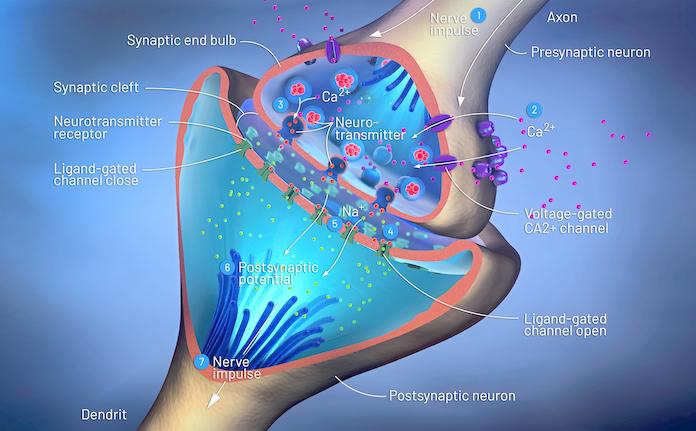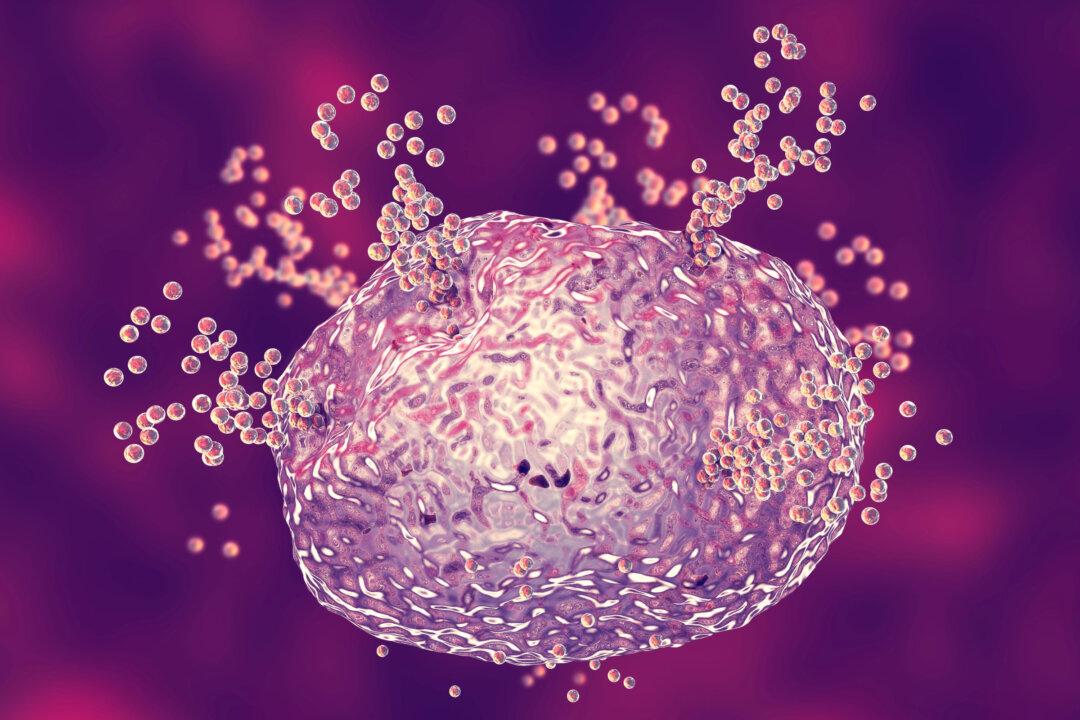Brain function and thought patterns are intimately related to neurotransmitters, the chemical messengers that carry signals between neurons, or nerve cells, and other cells within the body. Neurotransmitters are essential for various physical and psychological functions including mood, anxiety, fear, joy, and happiness. They are also involved in regulating heart rate, sleep, and appetite.
There are two classifications of neurotransmitters that are named based on their effect on the brain: excitatory and inhibitory. Excitatory neurotransmitters have an excitatory effect on the neurons. They cause the neuron to fire an electrical signal called an “action potential” up the cell. Some common excitatory neurotransmitters are epinephrine, norepinephrine, dopamine, acetylcholine, and serotonin.





